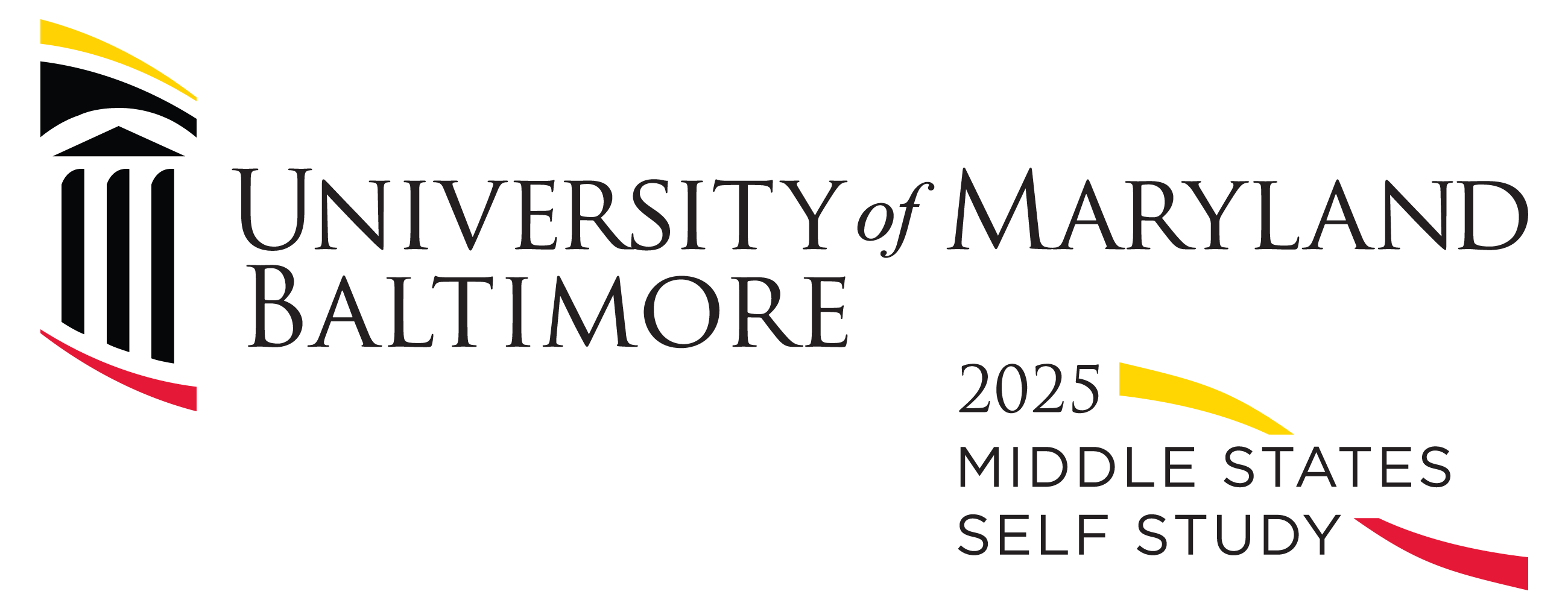Across all educational experiences, settings, levels, and instructional modalities, the institution recruits and admits students whose interests, abilities, experiences, and goals are congruent with its mission and educational offerings. The institution commits to student retention, persistence, completion, and success through a coherent and effective support system sustained by qualified professionals, which enhances the quality of the learning environment, contributes to the educational experience, and fosters student success.
Co-chair:
Patty Alvarez, Greg Brightbill, Barbara Gontrum
Logistics Committee Liaison
Kate Noonan
Working Group Members
Jennifer Aumiller, Se-Lim Oh, Jennifer Cooper, Jen Schum, Aynsley Hamel, Henriette Taylor, LaWanda Herron, Niya Werts, Sarah Mollenkopf, Darren Whitfield, Lili Nizankiewicz



